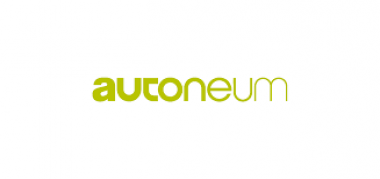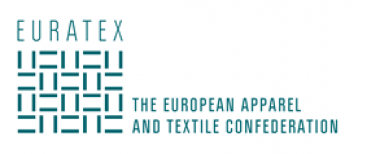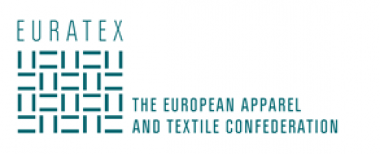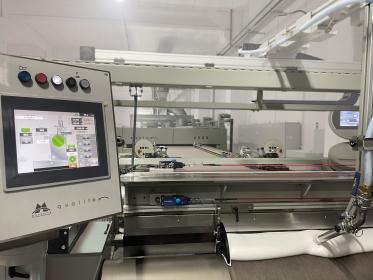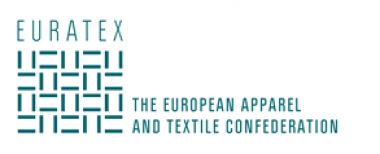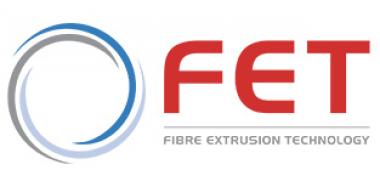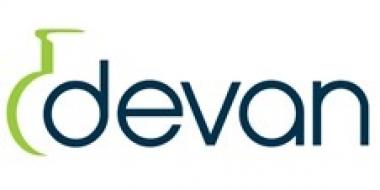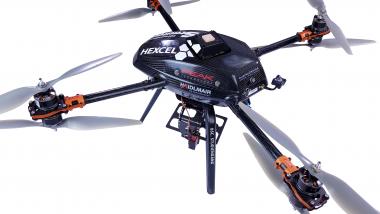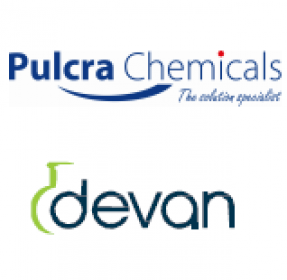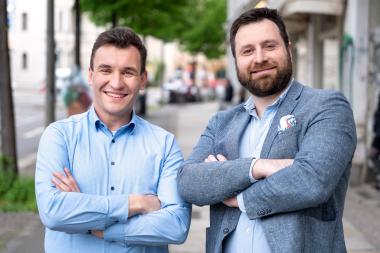Textile Service Industry: New cooperative brings closed chain closer
Five players in the textile service industry announce the establishment of Cibutex (Circular Business Textiles). This new cooperative is dedicated to the recycling and recovery of fibres from discarded textiles. Cibutex wants to contribute to a circular textile chain through cooperation in the whole sector.
The textile service has been implementing key Circular Economy solutions for some time: rental, care, repair and reuse of textiles for professional use. "As an industry, we are in a position to delve even deeper into the world of the circular economy. Every linen rental company has many of the same products, which go through the same process every time: the textiles are washed, sorted and collected again after the period of use. After many washes, the textiles are rejected. With this rejected textile, we see a unique opportunity to finally put the idea of a closed textile chain into practice. The used textiles that have reached the end of their useful life can be recycled on an industrial scale and the fibre raw materials can be recovered to make new textiles. We want to exploit this potential to the full by founding Cibutex, a cooperative for all textile service providers in Europe," says Cibutex director Jan Lamme, explaining the background of the unique project.
Cross-competitive goal
The founders of Cibutex are four well-known, competing textile service companies and one supply partner: Blycolin Textile Services (Zaltbommel, NL), Dibella (Aalten), Edelweiss Groep (The Hague), Lamme Textile Management (Amsterdam, NL) and Nedlin (Elsloo, NL). The companies have deliberately joined forces in order to implement sustainability in textiles and clothing by means of closed material cycles throughout the sector.
"Important resources are hidden in our B2B used textiles. We want to recover these in cooperation with relevant recycling companies and thus promote textile recycling as demanded by the EU Commission. We have come together to achieve sufficient critical mass to determine the final recycling of our discarded laundry, with the goal of moving from textiles to textiles," says co-founder Luuk de Win (Nedlin).
Sustainable eco-balance
"By recycling the raw materials of our used textiles, we contribute to reducing the social, environmental and climate impacts of the textile industry related to cultivation and production, and this leads to a long-term improvement of the ecological footprint of our industry," adds co-founder Marc van Boekholt (Blycolin).
Increasing value
To make the final transformation step of the circular economic model "textile service" a success, any European textile service company can become a member of Cibutex. The cooperative takes care of the collection, transport to the recycling partners and remuneration for the old textiles, which are now limited to bed linen, table linen and bath linen. In the future, however, the group wants to develop solutions for other textiles as well. For example, the recycling of workwear is also on the agenda. The founders of Cibutex agree that this too is a treasure trove of resources that must be addressed.
Dibella b.v.








